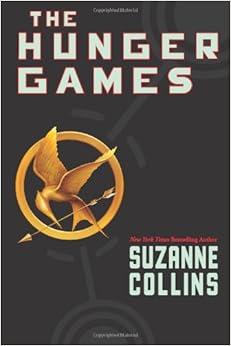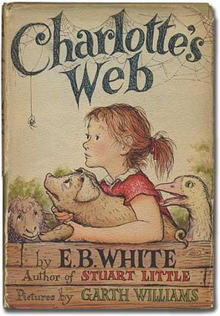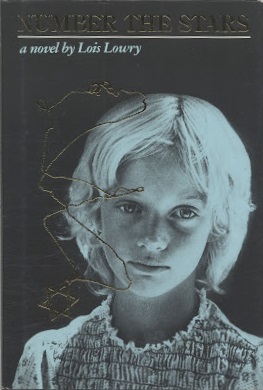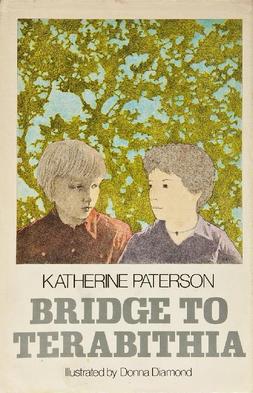As I began researching for a book list on "The Best New Series" (coming later this week), I was reminded of this article that I wrote about the Hunger Games during the peak of its hype. I know I am posting this late. The hype is over, but I wanted to address why I'll never recommend books like this on my blog. So here it is, the inevitable hunger games rant:
I read the hunger games and enjoyed it. The idea is intriguing, the characters solid, and the story extremely fast paced and exciting. After finishing, I spent some time sitting on my bed thinking about it. I presume you have all experienced this same after-novel “Now what?” ritual. What does it all mean? Would I want to read the sequel?
I tried hard to justify myself. The Hunger Games is certainly entertaining, but I needed a better reason to continue reading the series. I was searching for a warrant to jump on the all-to-crowded band wagon of fans. The fact that the book ends with the capitol reigning strong, the main protagonist in danger, and a potential love story hanging by a thread, is obviously an attempt by the author to leave readers hungry (no pun intended) for more. After finishing this story and considering it for a few minutes, I decided I was done. I needed to move on, no matter what the rest of the universe did.
We’ve all studied Ancient Rome; didn’t we feel repulsed when our teachers explained to us the concept of gladiator games? How could humans accept such a morbid pastime? And yet now with the recent hype over this book series, I am beginning to question wether our culture has really advanced much since the days when killing was an acceptable form of amusement.
“Oh, well the Hunger games does not justify the evil. The capitol is bad...”
Poor people forced to watch children kill each other: sad. The government watches innocent children kill each other for fun: vulgar. You call it vulgar, the author calls it vulgar. And yet who is standing in line to buy the next book and buying a movie ticket to watch a simulation of the very same game we all despise the capitol for enjoying? Do you think you will feel pleasure when a young girl gets a spear thrust right through her?
Dystopian novels have been a popular form of entertainment for a long time. However in recent years, we are seeing a new and alarmingly vulgar breed. In the past, dystopias were used as a slippery slope analysis of some element of culture. In other words, they had a moral, a message, or a warning. For example, George Orwell's famed “1984” presents a vivid and awful picture of what our world could become if we passively allow the build up of a totalitarian state in the name of peace and security. It uses a story full of tragedy and torture to send a message of warning.
The hunger games presents the same kind of dystopia - although you could say that in a humane sense the obscenities filling The Hunger Games are more evil then even Orwell could have imagined. And yet there is no moral. As I sat on my bed contemplating the meaning or message of the book, I had to give up. There is no message. I hadn't learned anything. This terrible world was created for maximum excitement, maximum adventure, maximum thrill. In other words, it was created solely for the readers pleasure.
To me, that's bad taste.
<a href="http://www.bloglovin.com/blog/10747769/?claim=h8q2y3ptxcv">Follow my blog with Bloglovin</a>












